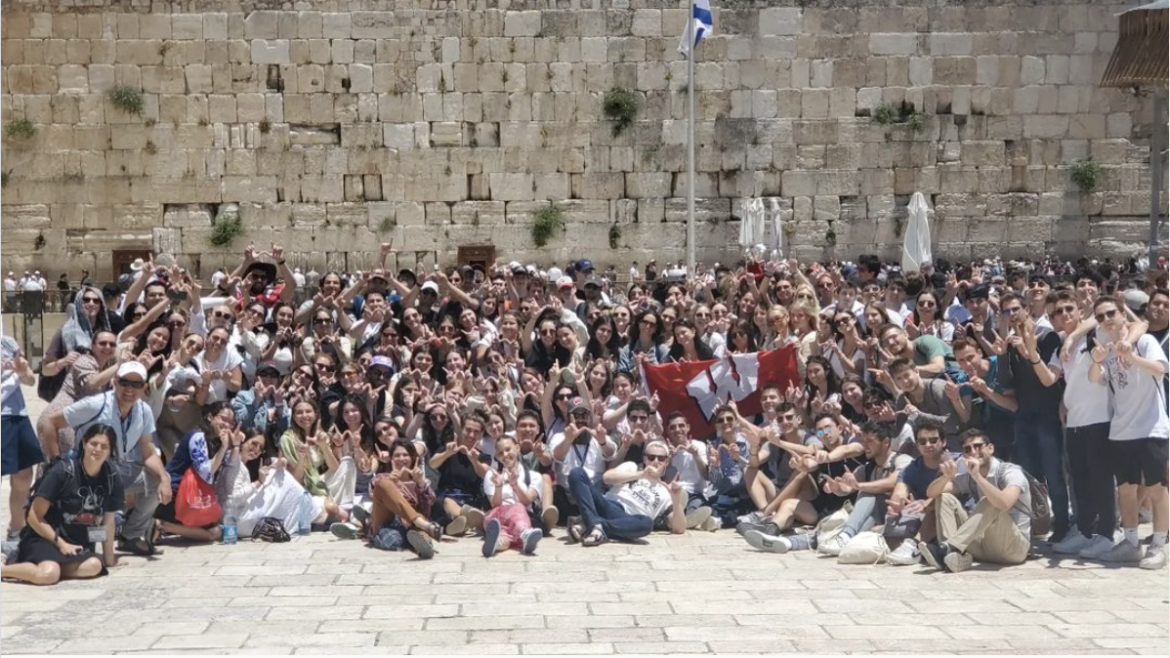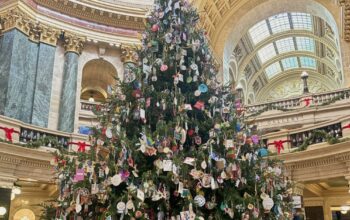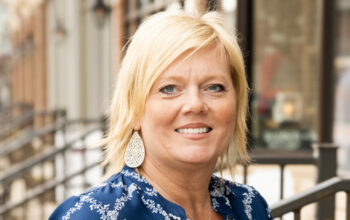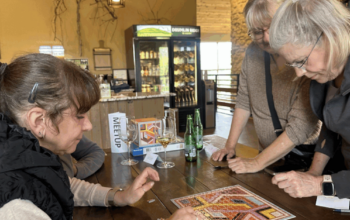Antisemitism has plagued the Jewish community in Madison over the last year.
Since September, the Jewish community in Madison has been subjected to multiple hate crimes: antisemitic chalking, swastikas spray-painted during Rosh Hashanah and watching someone walk around State St. dressed up as Hitler for Halloween. The Milwaukee Jewish Federation found that Wisconsin had 95 antisemitic incidents in 2021, many with an increase in severity.
Antisemitism is the most common religiously motivated hate crime in the United States, and by a significant margin — there are over 550 more reported incidents against Jews than against Muslims, the second most commonly victimized group. The American Jewish Committee found that in the last year, one in four Jewish Americans has experienced antisemitism. This statistic is further supported by the Anti-Defamation League that found there were a total of 2,717 antisemitic incidents in 2021.
According to Sam Toso, a member of the Jewish Federation of Madison and teacher at Midrasha Hebrew School, antisemitism is linked to ignorance and lack of education on Jewish history.
“I feel like so much hate comes from people not understanding,” Toso said.
In April 2021, Wisconsin signed a law that made the Holocaust and other genocide education mandatory starting in fifth grade through high school. Toso explained that so far, this addition to the curriculum has yet to be seen.
“Whenever we are talking about these specific incidents of hate, it’s usually the first time our students are hearing about it because they’re really not getting that at school,” Toso said.
Toso decided to have an open conversation about antisemitism with her eighth grade class following Kanye West’s public antisemitic comments. It may sound silly that West’s comments were the catalyst to this conversation, but as someone with more followers than the worldwide Jewish population, many Jews found his comments alarming.
“I wanted to make sure that as a class, they had an adult who was willing to engage with them on this for as long as they really needed,” Toso said. “They are looked to, even at this young age, to know how to respond when somebody brings up the Jewish people or antisemitism.”
Whether the antisemitic action is global or local, the resulting fears and concerns are the same.
“I feel like we’re building up to something,” said Emira Meadows, a member of StandWithUs, an Israel education organization trying to fight antisemitism. “We all live our lives. We go to school, we do our work, we have lives and relationships, but it’s always in the background. It’s something that drains your energy.”
Many Jews feel that the Jewish people have become a scapegoat for the world's issues. The post-COVID world has been undergoing change, upheaval, and all sorts of social, political and economic stress.
“People look for somebody to blame, and the Jews have always been the prime target,” said Rabbi Betsy Forester of the Beth Israel Center.
The University of Wisconsin–Madison Chabad, run by Rabbi Mendel Matusof, went on its annual Birthright trip to Israel over the summer. Birthright is a trip for young Jewish people to learn about their community’s history and experience Israel. On this trip, the group took a picture at the Western Wall, the holiest prayer site for Jewish people in the world, and posted it to the Chabad Instagram. This trip was about Jewish students seeing Israel and experiencing how Judaism, as both a culture and religion, were celebrated there.
However, not everyone agreed that this trip, or the students on it, were well-intentioned. The same people who wrote the antisemitic chalking shared the picture taken at the Western Wall and wrote “Chabad training the next generation of settlers,” according to Matusofl.
Some Jews felt that this incident was another example of Jewish people being framed as the villain.
“We’re concerned for our children, for our grandchildren, for our friends,” Forester said.
Rabbis Matusof and Forester both shared the sentiment that it is not fair that the Jewish community has a target painted on its back, but that does not mean every day must be spent in fear.
“We don’t live in Nazi Germany. We don’t live in Poland in the 1800s. We don't live in France in the 1700s, and we don’t live in the United States of the 1940s. We live in Madison, Wisconsin, in 2022,” said Matusof. “It’s a great place, and we need to remember that context.”
That context, for many in the Jewish community, is that the Jews are survivors. People may say or do many things in the name of antisemitism, and many Jewish people in Madison are worried, but it does not stop them from being Jewish, said Toso, Matusof and Forester.
“When the forces out there are making us feel like Jewish things must somehow be bad, we keep doing them. Love your Jewishness, love it, live it, do it, because they’re good things. Do them with pride. Show other people who we are,” Forester said.





